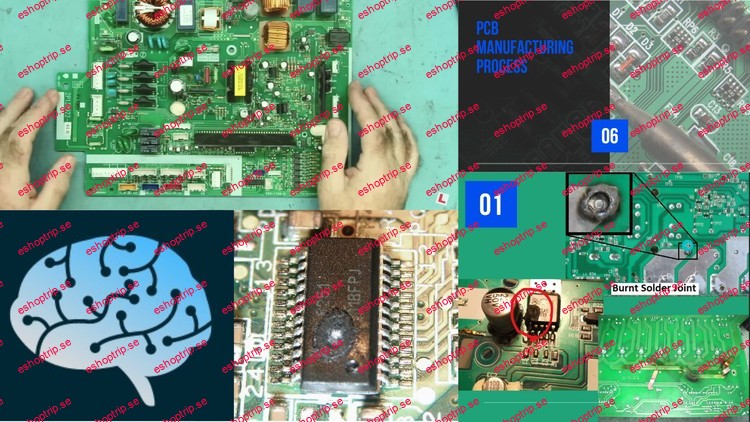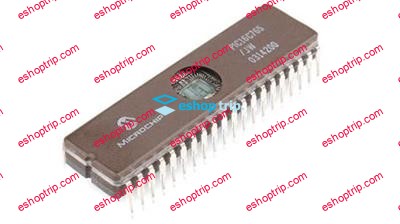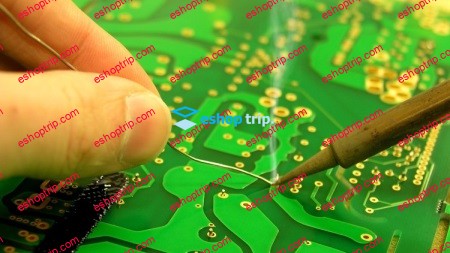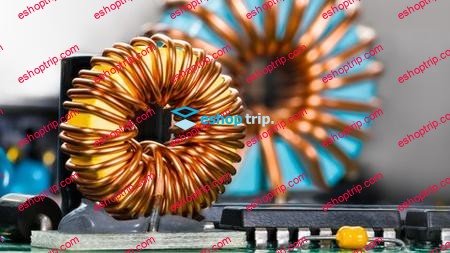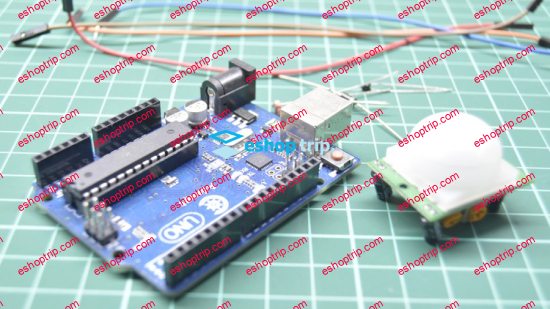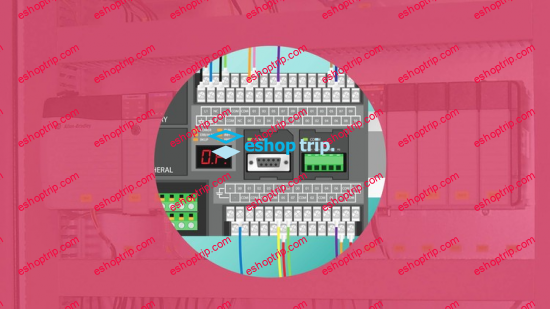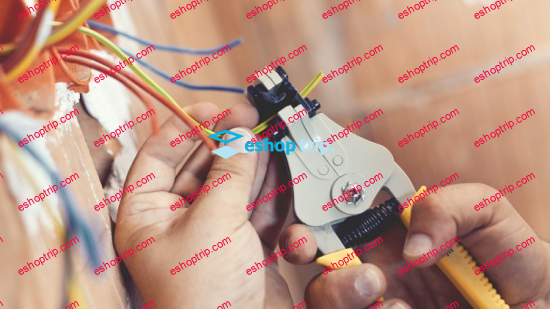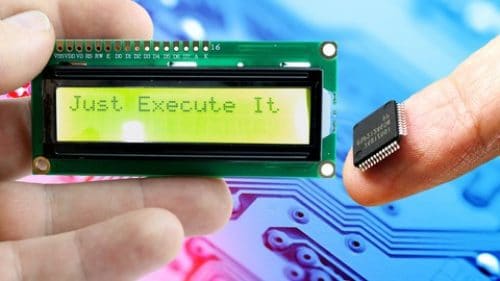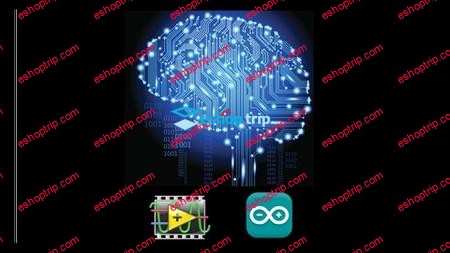Published 9/2024
Created by Electronics Zone
MP4 | Video: h264, 1280×720 | Audio: AAC, 44.1 KHz, 2 Ch
Genre: eLearning | Language: English | Duration: 53 Lectures ( 10h 24m ) | Size: 4.94 GB
Master the Art of Electronics Repairing: From Basics to Advanced Techniques
What you’ll learn:
Fundamental concepts of electricity, voltage, current, and resistance
The difference between AC and DC waves and the importance of frequency
How to identify, test, and use basic electronic components
Circuit analysis techniques and theoretical approaches to circuit design
Diode operations and applications, including rectification and voltage regulation
How to design simple power supply circuits
Essential tools and equipment for electronics repair
Troubleshooting methodologies for diagnosing and repairing electronic components and circuit boards
Requirements:
A basic understanding of high school-level physics and mathematics
Interest in electronics and willingness to learn
Access to basic electronics tools and equipment (e.g., multimeter, soldering iron)
Description:
Welcome to the Electronics Repairing Masterclass, your comprehensive guide to mastering the art of electronics repair. This course is designed for anyone looking to gain a deep understanding of electronics, from the basic principles to advanced repair techniques. Whether you’re a hobbyist, a student, or a professional looking to expand your skill set, this course will provide you with the knowledge and practical skills you need to succeed.We begin with a solid foundation in basic electronics, exploring the fundamental concepts of electricity, voltage, current, and resistance. You’ll learn to differentiate between AC and DC waves and understand the importance of frequency in electronic circuits. Through hands-on examples, we’ll illustrate simple circuits, series, and parallel connections to reinforce your understanding.Next, we delve into the properties and applications of essential electronic components such as resistors, capacitors, diodes, transistors, IC chips, and transformers. You’ll learn how to identify and test these components, and understand their roles within a circuit.The course also covers advanced topics such as circuit analysis techniques, diode operations and applications, and the design of power supply circuits. We’ll introduce you to the tools and equipment essential for electronics repair, including digital multimeters, oscilloscopes, function generators, and logic analyzers.Finally, we’ll guide you through the process of troubleshooting and repairing electronic components and circuit boards. You’ll learn practical techniques for diagnosing issues, replacing faulty components, and ensuring the longevity and reliability of repaired devices.By the end of this course, you’ll be equipped with the skills and confidence to tackle a wide range of electronics repair projects, from simple fixes to complex diagnostics and repairs.
Who this course is for:
Hobbyists and DIY enthusiasts interested in electronics
Students pursuing studies in electrical engineering or related fields
Technicians and professionals looking to enhance their electronics repair skills
Anyone interested in understanding and repairing electronic devices
Homepage
